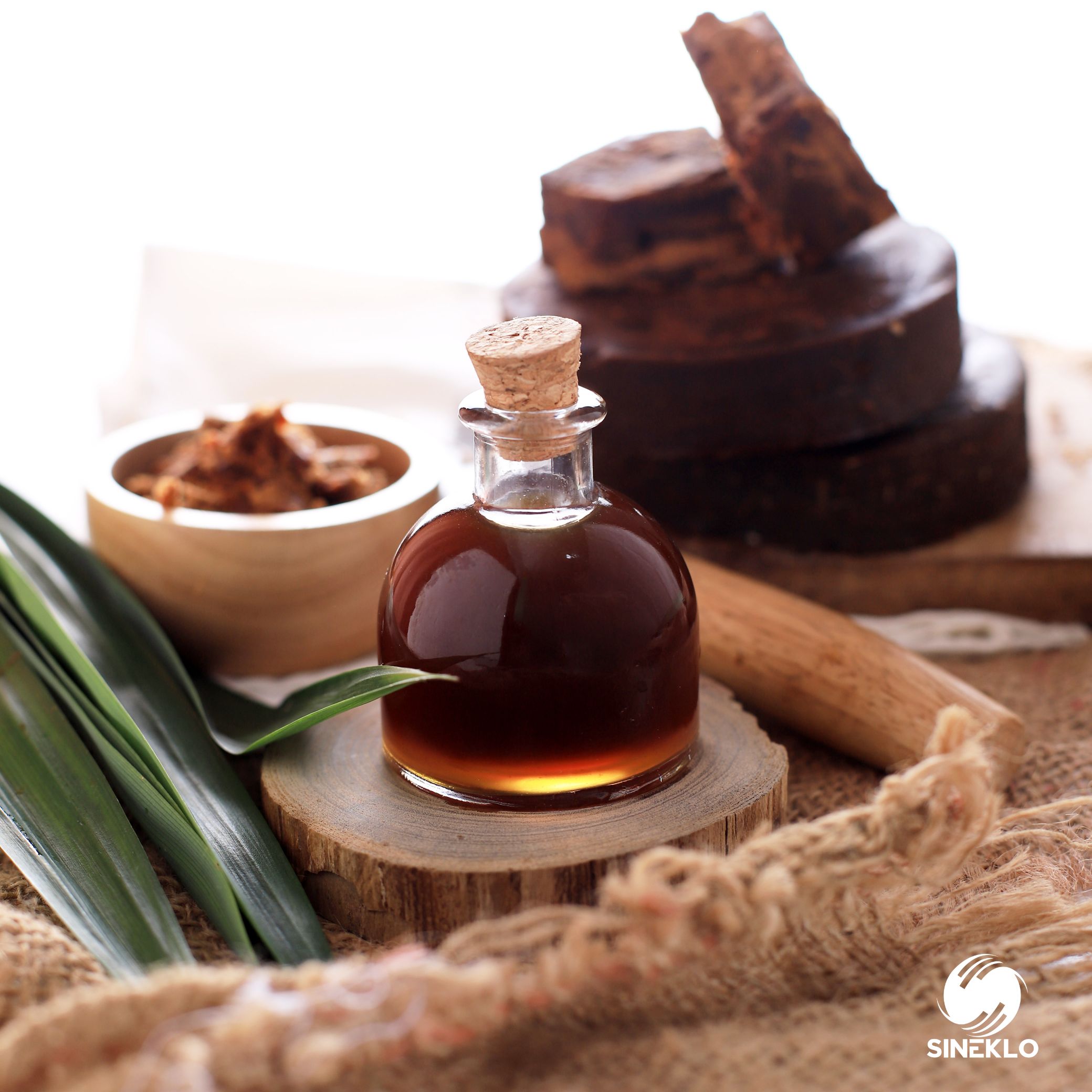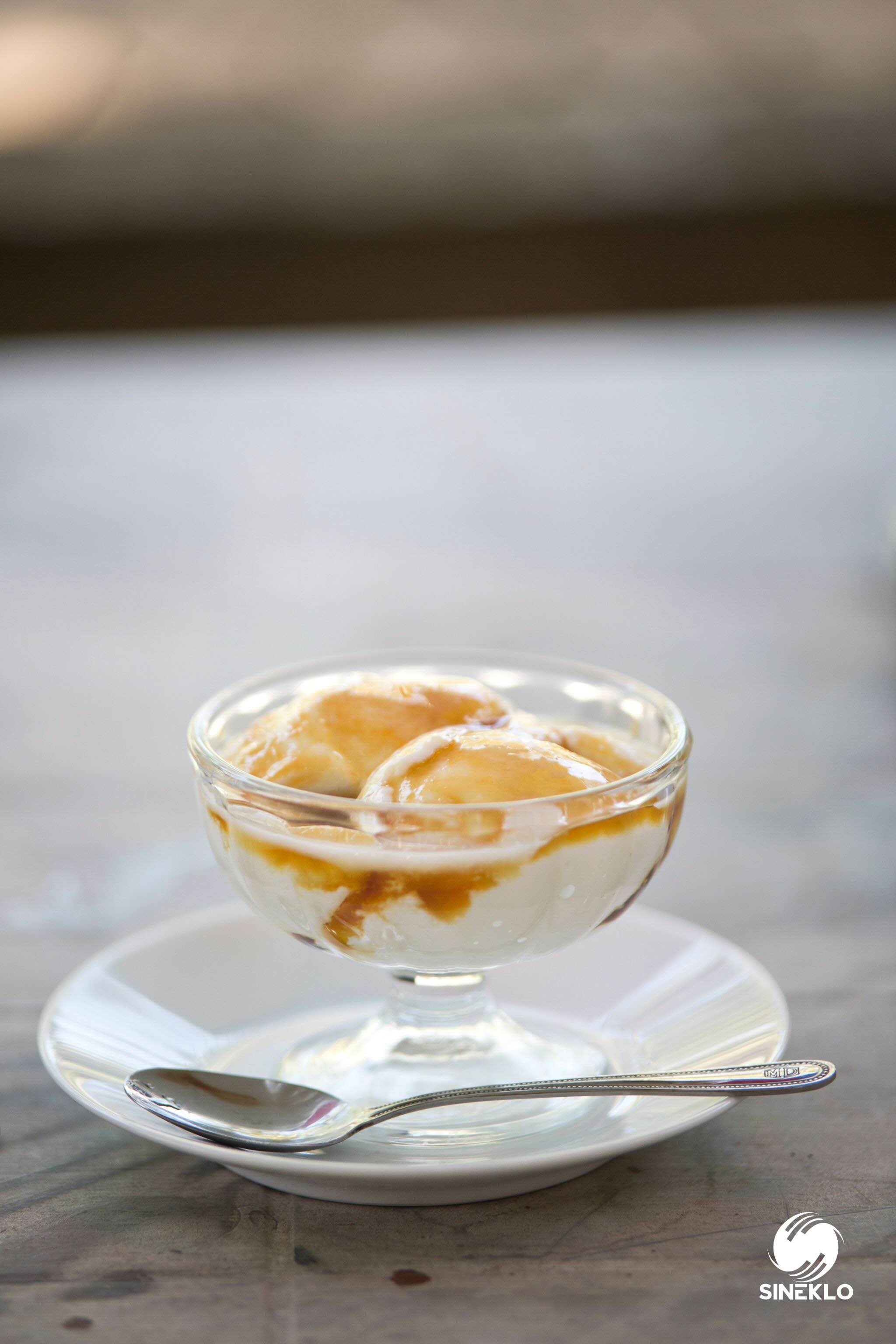Kithul Syrup A Sri Lankan Treasure

Kithul syrup, also known as treacle, is a traditional sweetener that hails from the heart of Sri Lanka. This golden nectar, derived from the sap of the kithul palm tree (*Caryota urens*), holds a special place in Sri Lankan cuisine and culture. Its rich, complex flavor and artisanal production process distinguish it from other sweeteners, making it a sought-after delicacy both locally and internationally.
*The Source: Kithul Palm Tree
The kithul palm, a majestic tree native to Sri Lanka, is the source of this exquisite syrup. The process begins with tapping the flower of the kithul tree, a skilled and labor-intensive task often passed down through generations. The sap, known as toddy, is carefully collected in clay pots. This process is not just about collecting sap but preserving an age-old tradition that emphasizes sustainable harvesting and respect for nature.
**The Production Process
The transformation of kithul sap into syrup is an art in itself. The collected sap undergoes a meticulous process:
1. **Boiling**: The fresh sap is boiled over a wood fire, a method that has remained unchanged for centuries. This slow cooking process caramelizes the sugars in the sap, resulting in a thick, golden-brown syrup.
2. **Straining**: Once the desired consistency is achieved, the syrup is strained to remove any impurities. This step ensures that the final product is pure and smooth.
3. **Bottling**: The syrup is then carefully bottled, capturing its rich flavor and aroma.
This traditional method of production ensures that every drop of kithul syrup retains its unique characteristics and high quality, free from additives or artificial preservatives.
***Unique Flavor Profile
Kithul syrup is renowned for its distinctive flavor, which sets it apart from other sweeteners like honey or maple syrup. It offers a complex taste experience that can be described as a blend of caramel, molasses, and a hint of smokiness from the wood fire used in its preparation. This rich, multi-layered flavor makes kithul syrup a versatile ingredient in both sweet and savory dishes.
****Culinary Uses
The versatility of kithul syrup is one of its most remarkable qualities. It can be used in a variety of culinary applications, enhancing both traditional and contemporary recipes:
- Traditional Sri Lankan Cuisine**: Kithul syrup is a key ingredient in many Sri Lankan desserts such as *kavum* (oil cakes), *aluwa* (rice flour confections), and *watalappan* (coconut custard pudding). Its unique flavor adds depth and richness to these beloved treats.
- Modern Cooking**: Chefs around the world are discovering the potential of kithul syrup in modern cuisine. It can be drizzled over pancakes, waffles, and yogurt, or used as a natural sweetener in baking and beverages. Its complex flavor also pairs beautifully with savory dishes, such as glazes for meats or as a component in salad dressings.
***** A Sustainable Choice
In addition to its culinary appeal, kithul syrup stands out as a sustainable sweetener. The kithul palm is a resilient tree that thrives in Sri Lanka's diverse ecosystems. The traditional tapping and syrup-making process have minimal environmental impact, making kithul syrup a choice that supports both ecological balance and local economies.
Conclusion
Kithul syrup is more than just a sweetener; it is a symbol of Sri Lanka's rich cultural heritage and artisanal craftsmanship. Its unique flavor, traditional production process, and versatility in the kitchen make it a true culinary gem. As global interest in authentic and sustainable ingredients continues to grow, kithul syrup is poised to become a favorite among chefs, food enthusiasts, and anyone who appreciates the intricate flavors of natural sweeteners. Discover the magic of kithul syrup and bring a taste of Sri Lanka's tradition into your kitchen.


